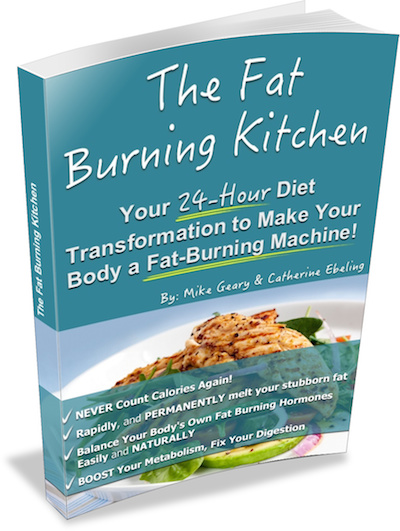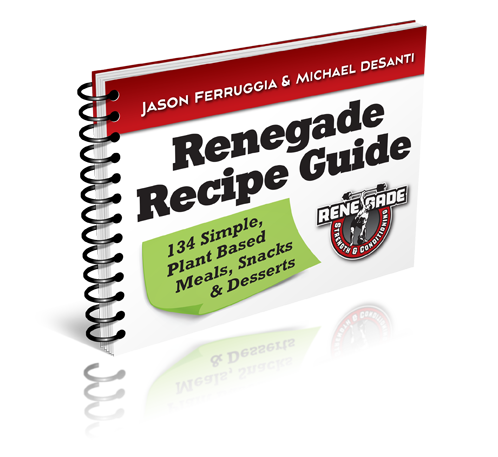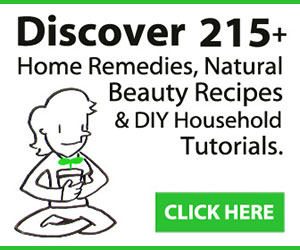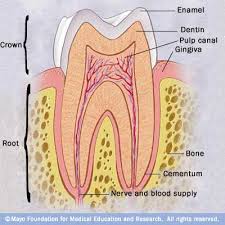PetFirst Provides Poison Prevention Tips for Dog and Cat Owners
Jeffersonville, IN (PRWEB) February 27, 2014
The danger of poisons and toxins surround us every day, especially for our pets. What may be edible, even enjoyable to humans, can be toxic or even deadly to our dogs and cats. March is Poison Prevention Awareness Month, a great time to remind ourselves of the dangers in our homes, garages and yards. PetFirst has compiled 10 poison prevention tips to keep in mind for your pet including foods, medications, common household and garage chemicals and more.
1. Foods of all sorts: there are numerous foods that present a hazard to our pets. These foods contain ingredients that become toxic if consumed by dogs and cats. Here are a few of the most common foods to keep away from your pets:
Alcoholic beverages
Avocado
Chocolate
Coffee
Fatty foods
Macadamia nuts
Moldy or spoiled foods
Onions
Raisins and grapes
Salt
Yeast dough
2. Human medications: Pain killers, cold medicines and diet pills and all medications need to be stored in a pet-free zone. Even the child-proof cap is no match for a dog who chews! Keeping all medications in closed cabinets out of your pet’s reach is highly recommended.
3. Pet medications: Medications given to you by the vet for your pet are a danger if consumed inappropriately. Keep these medications stored in a closed cabinet and out your pet’s reach.
4. Dog Rx for dogs; Cat Rx for cats: This mainly refers to the flea-control medications. If the medication is prescribed for your cat, give it to the cat. Specific medications made for cats may contain additives that will harm your dog. There are medications that can accommodate both cats and dogs. When in doubt, always check with your vet.
5. Kitchen chemicals: Dish washer tablets, steel wool cleaning pads and degreasers for the kitchen are all hazards for your pet and can lead to significant intestinal issues if consumed. Consider using the baby-proof cabinet locks to keep nosey cats and dogs out of these storage areas under your sink.
6. Car chemicals: Car chemicals such as anti-freeze produce a sweet smell that entices the most curious of pets, but it can be fatal to your dog or cat. First, consider the garage off limits for your pet, especially if they are unsupervised. Second, make it a habit that every time you finish a project in the garage, all chemicals are returned to their proper storage space that is out of your pet’s reach and that used chemicals are disposed of properly. This will protect your pet and the environment.
7. Yard chemicals: Helping your grass be green and lustrous and adding fertilizer to the garden is normal. But when left in the open for curious noses and licks, these chemicals can be dangerous to your dog or cat. Again, when you finish yard chores or tending to the garden, put the chemicals away.
8. Tamper proof garbage cans or storage containers: Making the investment in tamper proof garbage cans and storage containers is a penny well spent. The up-front cost may be overwhelming, but the end result will be protection for your pet and the avoidance of emergency vet visits. If you can’t afford the purchase all at one time, consider buying one a month to get you started.
9. Flowers in the house and outside: Flowers inside and outside can be dangerous to our pets. A great example are Lilies which can be fatal for cats. Do your homework when selecting flowers to plant or for decoration in your home. A quick online search can tell you which ones are pet friendly and which ones are not.
10. Laundry supplies: Dryer sheets, detergent and stain removers all are potential poisons for our pets. Keeping everything secure and out of reach is a safe bet to keeping your pet happy and healthy.
All of these examples could end in an emergency trip to the vet for treatment or evaluation. Another added layer of protection for your dog or cat is pet health insurance. By having pet health insurance, pet parents will be reimbursed up to 90% of their vet expenses should their dog or cat be injured in an accident or become ill. Pet insurance plans offer several options, allowing a plan to be customized to a pet parent’s budget as well as their pet’s physical needs. For more information or to receive a free quote on pet insurance, visit http://www.petfirst.com.
About PetFirst
PetFirst is the fastest growing pet insurer in North America offering easy-to-understand lifelong coverage for dogs and cats. PetFirst’s comprehensive coverage is unique in the industry providing simplified policies with coverage for hereditary, chronic and breed-specific conditions with no per diagnosis limits. PetFirst offers pet insurance in all 50 states and the District of Columbia through animal welfare agencies, retailers, employers as well as other partners. PetFirst polices are underwritten by American Alternative Insurance Corporation (Munich Re) which is rated by A.M. Best as A+. Additional services are underwritten by Lloyd’s. For more information about PetFirst pet insurance, visit http://www.petfirst.com or call 877-894-7387.
-30-
©Copyright 1997-
, Vocus PRW Holdings, LLC.
Vocus, PRWeb, and Publicity Wire are trademarks or registered trademarks of Vocus, Inc. or Vocus PRW Holdings, LLC.
Find More 5 Tips For Healthy Foods Press Releases
 Fat Burning Kitchen:Never count calories again
Fat Burning Kitchen:Never count calories again Low Glycemic Veggies
Low Glycemic Veggies 100% protein quinoa grain
100% protein quinoa grain Daily Antioxidant/Natural Remedies
Daily Antioxidant/Natural Remedies Get Truth About Healthy Teeth
Get Truth About Healthy Teeth Healthy Cooking
Healthy Cooking
Leave a Reply
You must be logged in to post a comment.